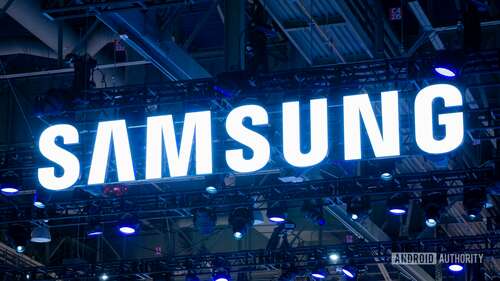
Edgar Cervantes / Android Authority
Most major tech companies, like Facebook, Amazon, Apple, Microsoft, Google, and many others, have humble beginnings, founded in basements, garages, dorm rooms, or makeshift home offices. But while many of these companies were in the tech, or at least tech-adjacent, space, the origins of plenty of tech giants in Asia and Europe aren’t as straightforward. Well before becoming the biggest name in Android and making our favorite phones today, Samsung used to sell noodles.
A grocery store at first
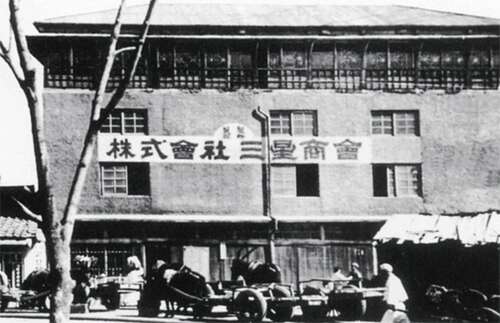
Lee Byung-Chull founded Samsung in 1938 in Taegu (now known as Daegu), with just 30,000 won (the current equivalent of around $23), as a trading company that sold and exported dried fish, fruits, vegetables, and its own noodles. Samsung’s name suggests lofty ambitions, and that was true even back then, although its first planned expansion to Seoul came to an abrupt halt after the Korean War broke out in 1947.
After the war, Samsung expanded into the textile business, building, at the time, the largest wool mill in Korea. Lee also started a sugar refinery in Busan, expanded into retail, securities, and insurance through acquisition, and focused heavily on industrialization to help the country recover and rebuild after the war. It wasn’t until 1969 that Samsung Electronics, the branch that gives the company global, mainstream recognition, was born.
The Samsung we know today
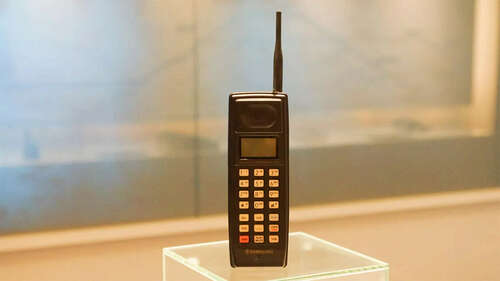
While Samsung has a significant hold in a variety of industries, Samsung Electronics accounts for the majority of its business now. The journey of one of the world’s largest phone and electronics companies began in 1969. The company’s first consumer product was a black-and-white TV, and over the next decade, it produced color TVs, calculators, refrigerators, air conditioners, and more. By 1981, Samsung reached the milestone of making its 10 millionth television set, only three years after reaching the five million mark.
Samsung released its first cell phone in 1988, and though the SH-100 was a commercial disappointment, the company persisted with new models every year. Its first taste of commercial success was with the SH-770 in 1994, and a year later, more than half of the mobile phones sold in Korea were from Samsung. Even in the years leading up to its Android smartphone domination, Samsung gave stalwarts like Motorola and Nokia a run for their money.
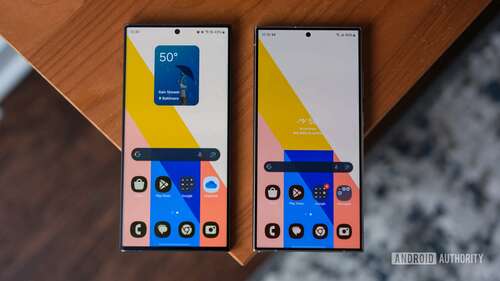
Ryan Haines / Android Authority
Samsung’s first forays into the Android world were decent enough, but it wasn’t until the Galaxy S3 that the company became the major force in the smartphone industry that it remains today. From pioneering the “phablet” with the Galaxy Note to leading the charge in the foldable market, Samsung remains an innovative leader in the smartphone space. And its smartphones are perpetual entries on our best Android phone roundups, with plenty of options across the price and feature spectrum.
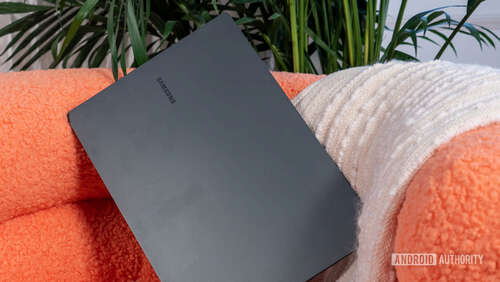
Ryan Haines / Android Authority
Of course, while we tend to focus on Android devices like smartphones, tablets, and wearables here at Android Authority, Samsung is also a market leader in the general consumer electronics market, making Windows laptops, Chromebooks, audio products, televisions, and home appliances, along with products that aren’t direct-to-consumer like semiconductors, processors, displays, and so much more.
What else does Samsung do

Samsung accounts for nearly a fifth of South Korea’s GDP, and while its electronics division is the major contributor, the company as a whole is quite diverse. Among the company’s many affiliates is Samsung Heavy Industries, one of the world’s largest shipbuilders. In the construction sector, there’s Samsung Engineering and Samsung C&T Corporation, the latter of which was involved in constructing the world’s tallest building, the Burj Khalifa.
Samsung is also involved in the insurance sector with Samsung Life Insurance, Samsung Everland owns and operates the Everland Resort, one of the oldest theme parks in South Korea, and Cheil Worldwide, an advertising agency, also falls under the company’s wing. From hotels and resorts to medical centers and fashion, Samsung Global and its affiliates are involved in almost every industry you can think of.
So the next time you’re on a cruise ship watching a video of the Burj Khalifa on a smartphone, tablet, laptop, or television while wearing Bluetooth earbuds, know that there might just be one company that made it all happen. And it all started with noodles.

